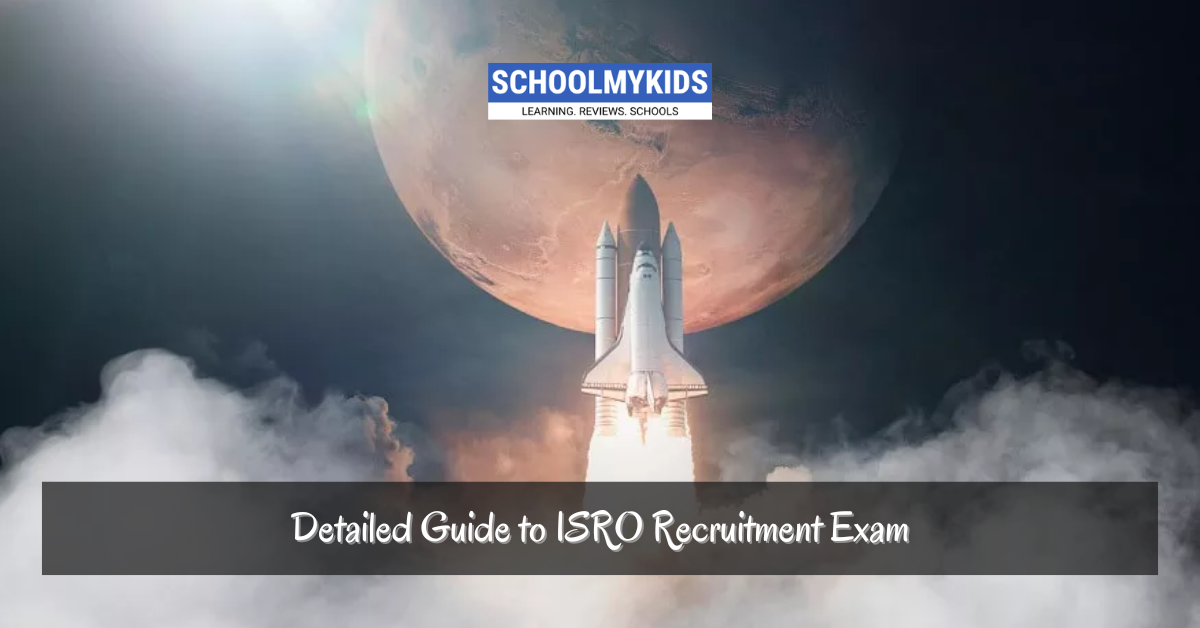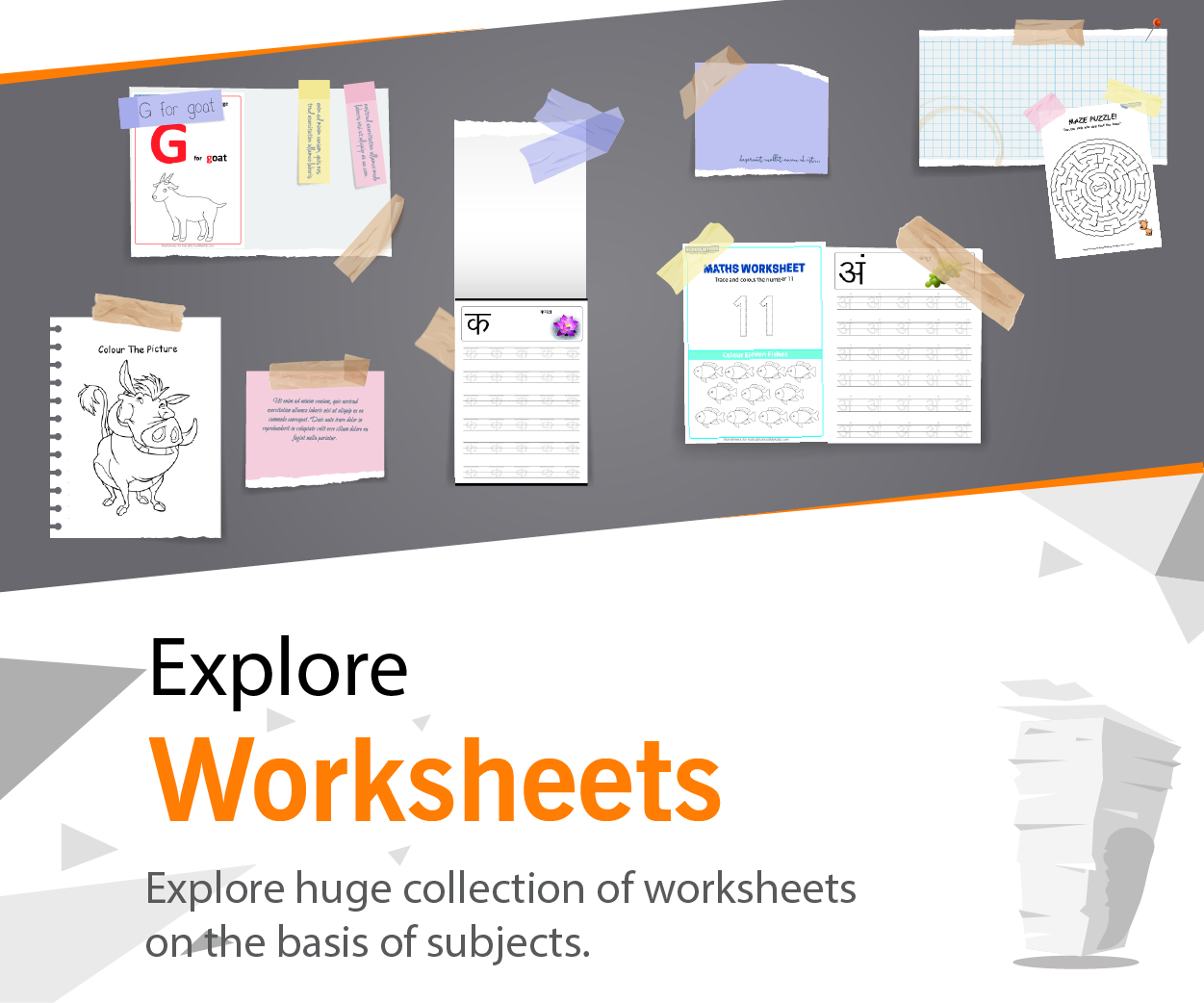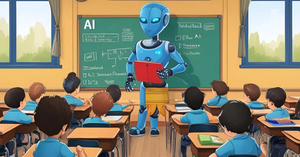The Indian Space Research Organisation (ISRO) conducts recruitment exams to select engineers and scientists for various technical positions. This exam is a prestigious opportunity for those aspiring to work in India's space research sector. In this guide, we cover the exam pattern, syllabus, preparation strategies, and essential resources to help candidates prepare effectively.
Overview of ISRO Recruitment Exam
- Purpose: To recruit engineers and scientists for technical roles at ISRO.
- Importance: Securing a position at ISRO is highly competitive, and understanding the exam structure is critical for effective preparation.
ISRO Recruitment Exam Pattern
Exam Mode:
- Online (Computer-Based Test).
Subjects:
- Engineering Disciplines: Electronics, Mechanical, Computer Science.
Type of Questions:
- Multiple Choice Questions (MCQs).
Medium of Exam:
- English.
Duration of Exam:
- 90 minutes.
Total Marks:
- 100 marks.
Marking Scheme:
- Correct Answer: +3 marks.
- Incorrect Answer: -1 mark.
- Unattempted: 0 marks.
Detailed Question Paper Design
Sections:
- Technical: Core subject questions based on the candidate’s engineering discipline (Electronics, Mechanical, or Computer Science).
- General Aptitude: Questions related to reasoning, quantitative aptitude, and English language skills.
Distribution of Questions:
- Technical Section: 80 questions.
- General Aptitude Section: 20 questions.
Syllabus for ISRO Recruitment Exam
Electronics Engineering:
- Digital Circuits: Boolean algebra, combinational and sequential circuits, microprocessors.
- Analog Circuits: Diodes, transistors, amplifiers, oscillators, and feedback circuits.
- Control Systems: Transfer functions, stability analysis, root locus, Bode plots.
- Communication Systems: Modulation, demodulation, signal processing, and data transmission.
- Electromagnetics: Maxwell's equations, waveguides, transmission lines, and antennas.
Mechanical Engineering:
- Thermodynamics: Laws of thermodynamics, thermodynamic cycles, heat transfer.
- Strength of Materials: Stress, strain, bending moments, shear force, torsion.
- Fluid Mechanics: Fluid properties, Bernoulli’s equation, flow through pipes, turbines, and pumps.
- Manufacturing Processes: Casting, welding, machining, and forming processes.
- Machine Design: Design of gears, bearings, shafts, and springs.
Computer Science Engineering:
- Programming and Data Structures: C, C++, Java, data structures like arrays, linked lists, stacks, and queues.
- Algorithms: Sorting, searching, graph algorithms, dynamic programming.
- Operating Systems: Process management, memory management, file systems, and synchronization.
- Database Management: SQL, ER diagrams, normalization, transactions, and concurrency control.
- Networks: OSI model, TCP/IP, network protocols, and security.
General Aptitude:
- Quantitative Aptitude: Arithmetic, algebra, geometry, and data interpretation.
- Logical Reasoning: Series, puzzles, syllogisms, and analogies.
- English Language: Grammar, vocabulary, comprehension, and sentence correction.
Key Differences in Exam Patterns
- Duration: The ISRO recruitment exam is 90 minutes long.
- Scoring: The total score is 100, with a marking scheme of +3 for correct answers and -1 for incorrect answers.
- Difficulty Level: The exam is known for its rigor, particularly in the technical sections.
Preparation Strategy
- Understand the Syllabus: Begin by thoroughly understanding the syllabus for your specific engineering discipline.
- Create a Study Plan: Allocate time for each subject and stick to a consistent study schedule.
- Practice Regularly: Solve previous years' question papers and take mock tests to build confidence and improve speed.
- Focus on Weak Areas: Identify and work on areas where you are weak.
- Stay Updated: Keep yourself updated with any changes in the exam pattern or syllabus.
Resources
- Books:
- Electronics Engineering: "Electronic Devices and Circuit Theory" by Robert L. Boylestad.
- Mechanical Engineering: "Strength of Materials" by R.K. Bansal.
- Computer Science Engineering: "Introduction to Algorithms" by Thomas H. Cormen.
- Online Platforms: NPTEL, Gradeup, and Unacademy provide study materials and mock tests.
- YouTube Channels: Gate Academy, Made Easy, and Engineers Academy offer free lectures and practice problems.
FAQs
1. What is the eligibility criteria for the ISRO recruitment exam?
Answer: Candidates must have a BE/B.Tech degree with a minimum of 65% marks or CGPA of 6.84/10. Final year students are also eligible to apply.
2. How can I apply for the ISRO recruitment exam?
Answer: Candidates can apply online through the official ISRO website during the application window.
3. What is the application fee for the ISRO recruitment exam?
Answer: The application fee is usually around INR 100 for general category candidates. Women, SC/ST, PwD, and ex-servicemen candidates are exempt from the fee.
4. How is the ISRO recruitment exam result declared?
Answer: Results are declared online on the official ISRO website. Candidates can check their results using their registration number and date of birth.
5. What happens after qualifying the ISRO recruitment exam?
Answer: Shortlisted candidates are called for an interview, and final selection is based on performance in both the written test and the interview.
6. Are there any specific books recommended for ISRO exam preparation?
Answer: Yes, some recommended books are "Electronic Devices and Circuit Theory" by Robert L. Boylestad for Electronics, and "Strength of Materials" by R.K. Bansal for Mechanical Engineering.
7. Is there negative marking in the ISRO recruitment exam?
Answer: Yes, there is a negative marking of -1 for each incorrect answer.
8. How can I improve my time management for the exam?
Answer: Practice time-bound mock tests regularly, and allocate time to each section based on your strengths and weaknesses.
9. Can I review my answers during the exam?
Answer: Yes, you can review and change your answers within the allotted time for each section.
10. Is there a separate cutoff for each section?
Answer: No, there is a combined cutoff based on the overall score in the exam.









Be the first one to comment on this story.